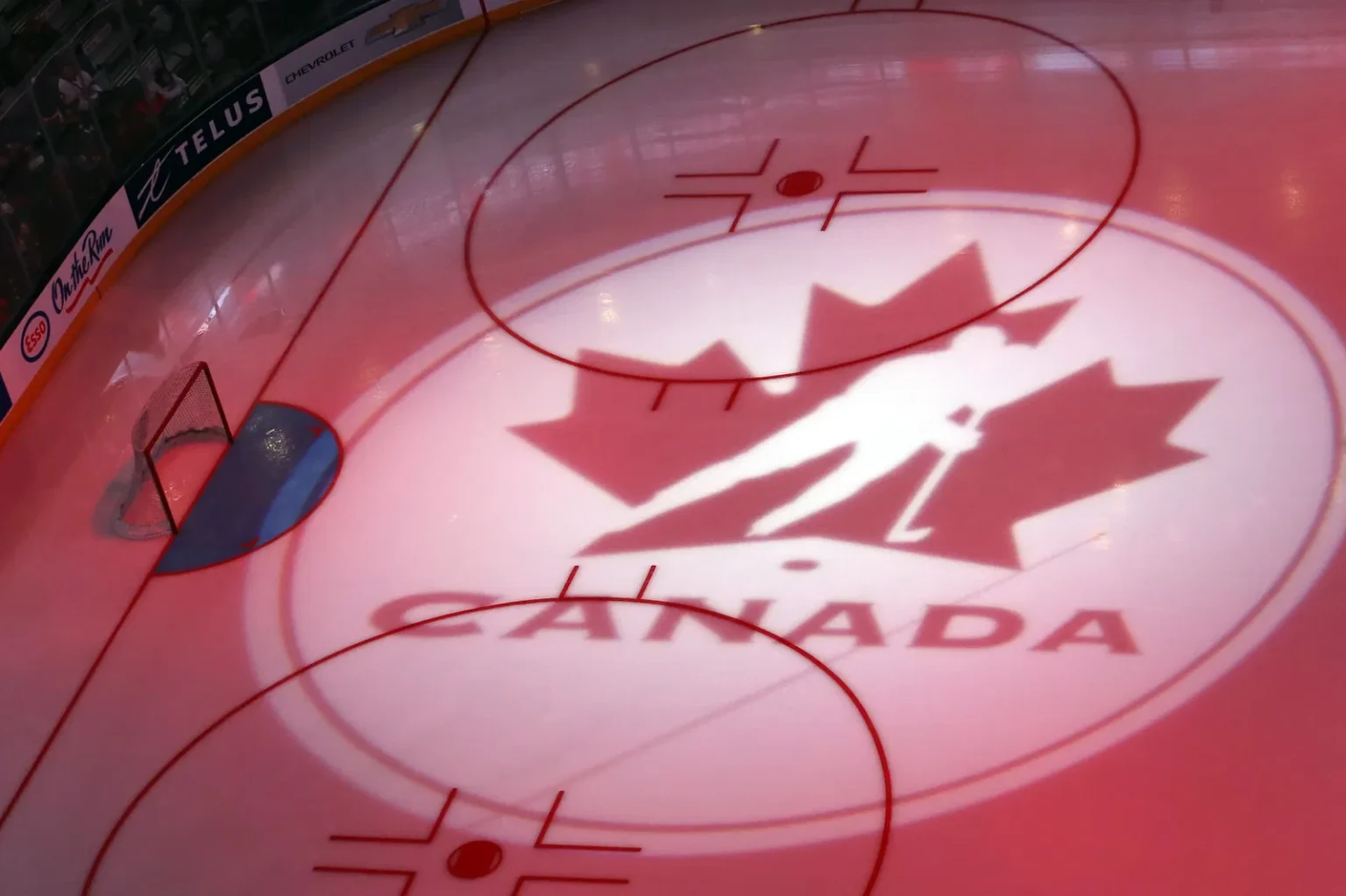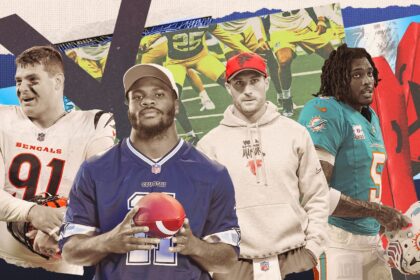A London, Ontario judge ruled on Thursday that all five players involved in the 2018 Hockey Canada sexual assault trial were innocent of all charges. This verdict has placed the NHL at a moral crossroads. Should these players, who have already missed over a year fighting for their freedom, be allowed to return to their NHL careers? Or should they remain sidelined because they do not meet the ethical standards expected of NHL players? So far, the league has chosen to keep them out.
The NHL stated, “Even though these players were not found guilty of criminal activity, their behavior was concerning and unacceptable. We will review the judge’s findings thoroughly. While this review is ongoing, the players in question are not eligible to play in the league.” This decision was difficult but necessary.
The simpler path would have been to follow the court’s decision, clear the players, and allow them to continue their careers normally—something the NHL has done in the past to prioritize winning. However, these men were not just ordinary players; they were Canada’s top junior hockey talent in 2018 and potential NHL stars. Michael McLeod and Cal Foote were first-round NHL draft picks, Dillon Dube captained Canada’s world junior team, Alex Formenton had an 18-goal season with Ottawa, and Carter Hart was Philadelphia’s starting goalie. Their futures still hold promise, but perhaps not in the NHL.
Legally cleared to play, these players could theoretically re-sign with NHL teams, with Hart already linked to several clubs in need of a goaltender. However, playing in the NHL is a privilege, not a right. The league differentiates between legal verdicts and ethical standards. While what happened behind closed doors after the 2018 World Junior Championship may not have been illegal, it was still wrong: young women were exploited and placed in danger by a group of young men embodying toxic masculinity and a damaging culture still present in hockey.
The NHL’s decision sends a strong message to players, teams, and fans alike. The big question remains: how severe should the punishment be? One year, two years, or an indefinite ban? Previous disciplinary actions, like the suspensions of Stan Bowman, Joel Quenneville, and Al MacIsaac over their mishandling of abuse allegations in Chicago, might provide some guidance.
The NHLPA opposed the league’s stance, arguing it contradicts disciplinary procedures outlined in the collective bargaining agreement. While the NHL’s investigation continues, it is unlikely any of these players will be welcomed back for the upcoming season.
Describing their actions as “abhorrent, condemned, horrifying, unacceptable,” NHL commissioner Gary Bettman’s words reflect a league unwilling to embrace these players back into the fold anytime soon.
—
Fan Take: This story matters deeply to hockey fans because it highlights the ongoing tension between legal outcomes and ethical accountability in sports. How the NHL handles situations like these will shape the culture of the league and influence whether hockey can grow into a more respectful and responsible sport.



